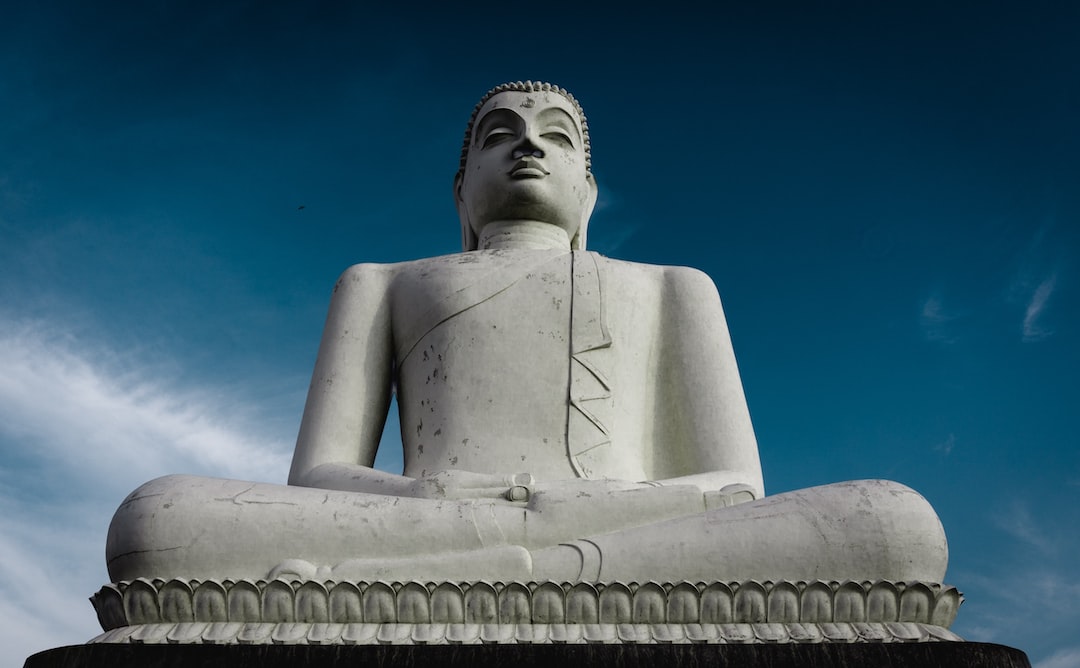Exploring the Sacred Scriptures: Bible, Quran, and Bhagavad Gita
In a world that embraces diversity and pluralism, it is vital to understand and appreciate the different religious texts that shape the beliefs and practices of billions of people around the globe. The Bible, Quran, and Bhagavad Gita are three fascinating sacred scriptures that offer a unique window into the hearts and minds of their respective religious communities. Let us take a closer look at these texts and explore what they have to offer.
The Bible, often described as a collection of books, is the foundational text of Christianity. It is divided into two sections: the Old Testament, which largely focuses on the history and laws of the Jewish people, and the New Testament, which centers around the life, teachings, death, and resurrection of Jesus Christ. The Bible provides believers with guidance on morality, spirituality, and the nature of God’s relationship with humanity.
The Quran, revered by Muslims as the eternal and unchangeable word of God as revealed to the Prophet Muhammad, is the central religious text of Islam. It is composed of 114 chapters, or surahs, that cover a wide range of topics, including theology, ethics, law, social justice, and spirituality. Muslims consider the Quran to be a guide for all aspects of life and seek its teachings for enlightenment and guidance.
Moving eastward, we encounter the Bhagavad Gita, a sacred Hindu scripture. The Bhagavad Gita is an episode of the Indian epic Mahabharata and represents a conversation between the prince Arjuna and Lord Krishna, who serves as his charioteer and spiritual guide. In this dialogue, Krishna imparts profound lessons on duty, righteousness, devotion, and the path to spiritual liberation. The Bhagavad Gita explores various yogic practices, both physical and mental, as a means to achieve self-realization and union with the divine.
While these three sacred scriptures differ in their language, context, and theological perspectives, they share a common objective: to offer spiritual and moral guidance to their followers. They provide insights into the nature of God, the human condition, and the path to righteousness.
Exploring the Bible, Quran, and Bhagavad Gita can broaden our understanding of different religious traditions and foster interfaith dialogue. It allows us to appreciate the rich tapestry of beliefs and practices that form the foundation of various faith communities.
Furthermore, engaging with these scriptures can enable us to reflect on our own beliefs, values, and actions. It prompts us to consider universal moral principles such as love, compassion, justice, and humility that transcend specific religious identities.
In a world that sometimes seems divided by religious differences, exploring these sacred scriptures becomes an essential step towards promoting understanding, respect, and dialogue among diverse communities. It reminds us of our shared humanity and the common quest for spirituality and meaning.
Whether one belongs to a particular religious tradition or not, examining and appreciating the profound wisdom contained within the Bible, Quran, and Bhagavad Gita can enrich our lives by broadening our horizons, promoting understanding, and encouraging dialogue across religious boundaries.

